LEXINGTON, Ky. (March 15, 2021) — Throughout the past few years, the University of Kentucky’s Department of Neurology has experienced tremendous growth. As part of this growth, the Child Neurology division outgrew its clinic space within the Kentucky Clinic.
News
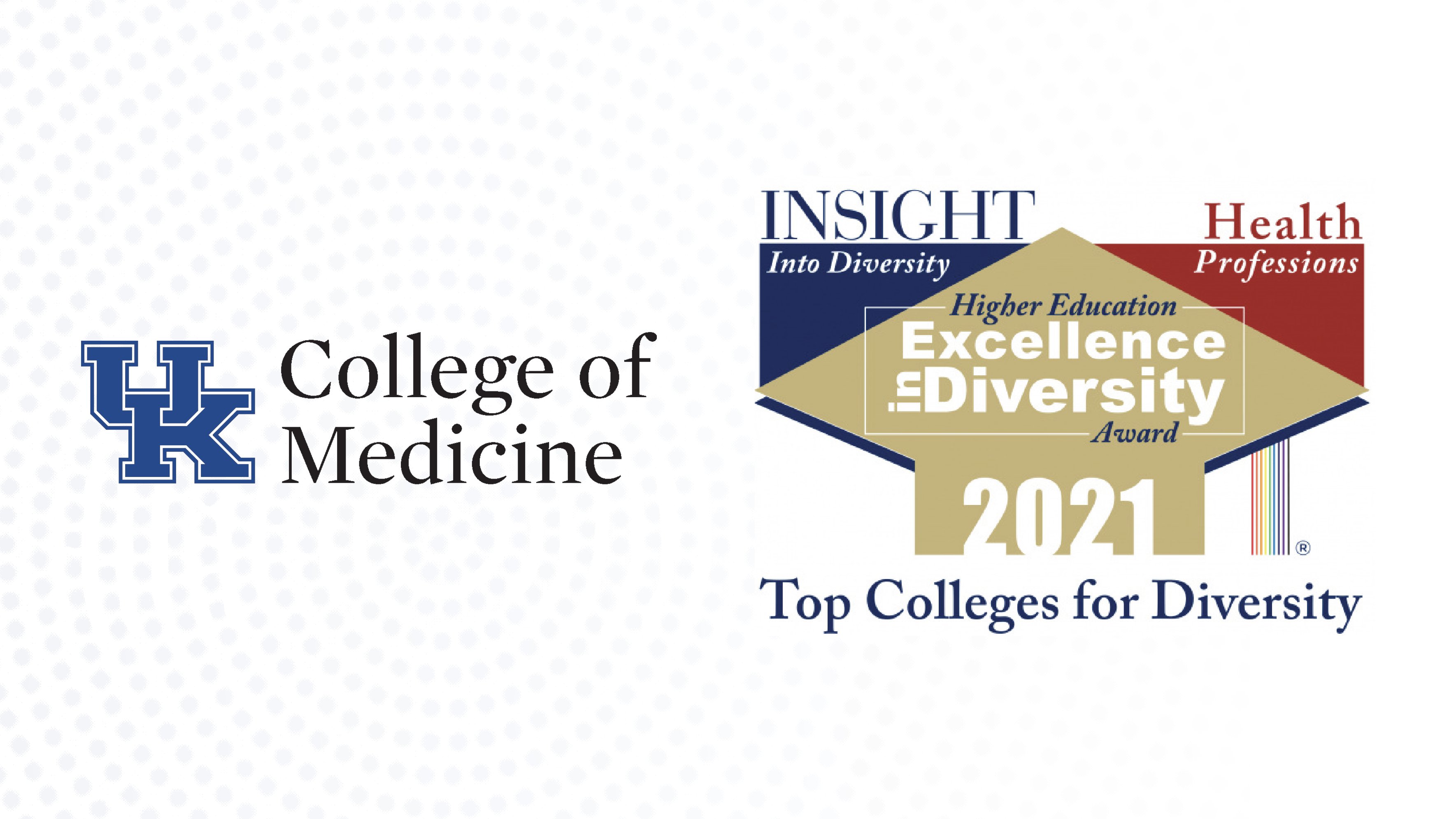
The University of Kentucky College of Medicine has received the 2021 Health Professions Higher Education Excellence in Diversity (HEED) Award from INSIGHT Into Diversity magazine, the oldest and largest diversity-focused publication in higher education.
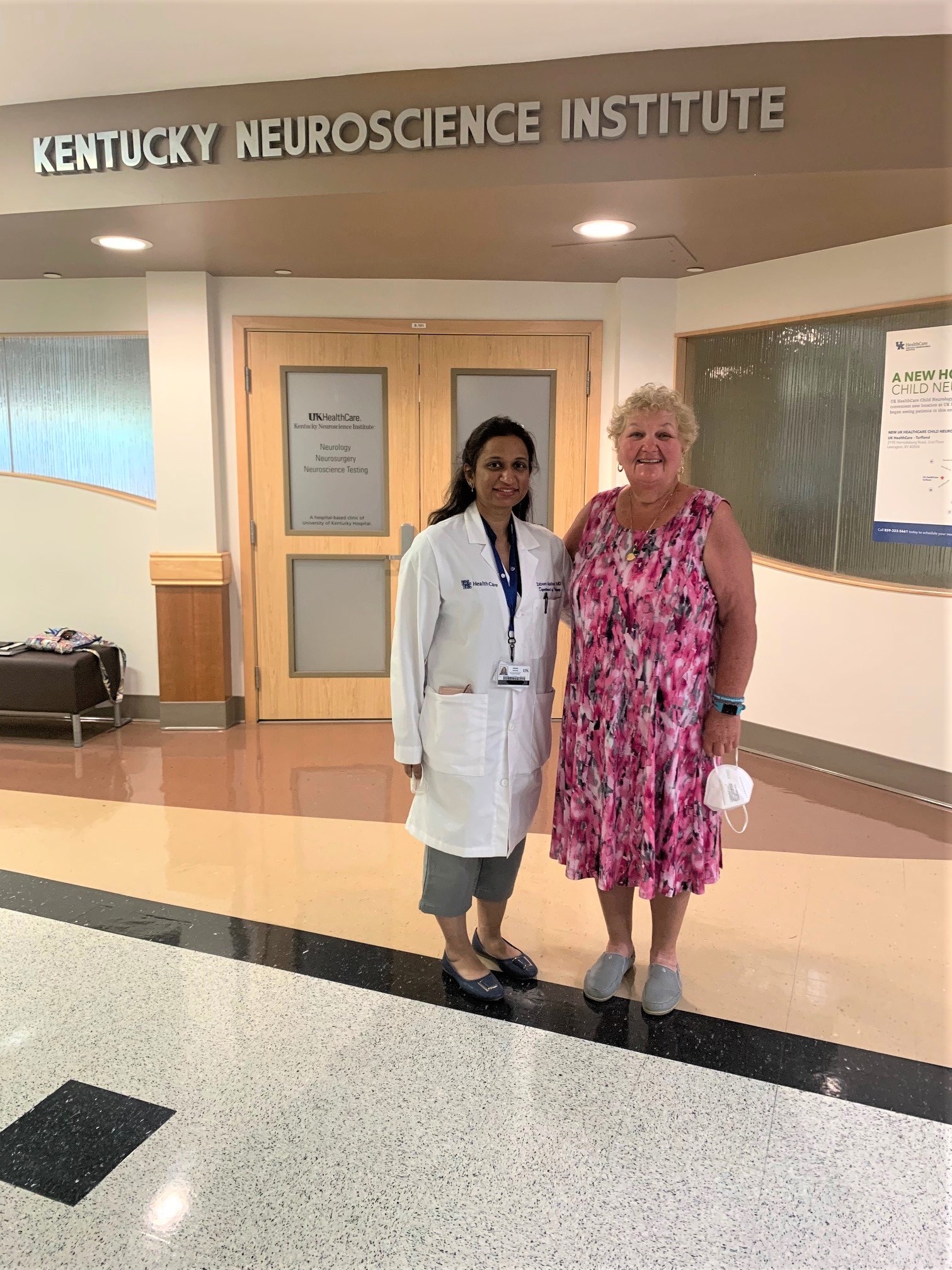
Pamela Branson has been a nurse for 40 years, 35 of those working at the University of Kentucky. After long days treating patients, she always turned to golf as a way to escape the stress.
So, when she couldn’t garner the energy to make it to the course in 2018, she knew something was wrong.
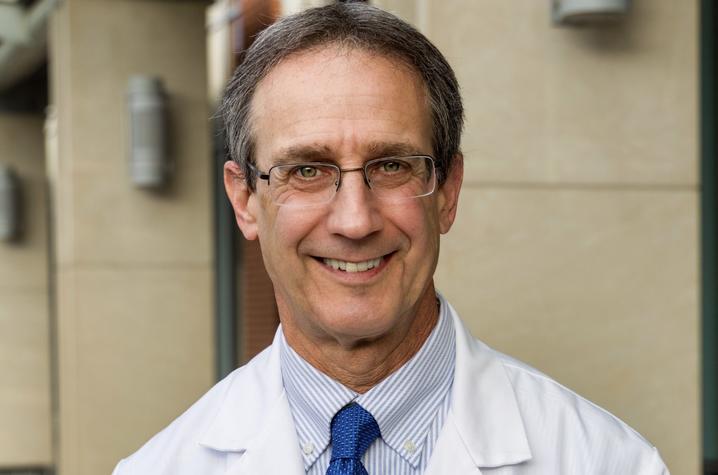
The University of Kentucky College of Medicine has developed into a research powerhouse helping find solutions to Kentucky’s most urgent health needs.
Clinical research is vital in bringing important findings from the laboratory into the clinic to improve patient treatment. To continue to strengthen its research capabilities, the college is excited to share its selection to fill a newly created position, associate dean for clinical research.
Larry B. Goldstein, MD, chair of neurology, has been chosen to take on this role. He will begin Sept. 1.
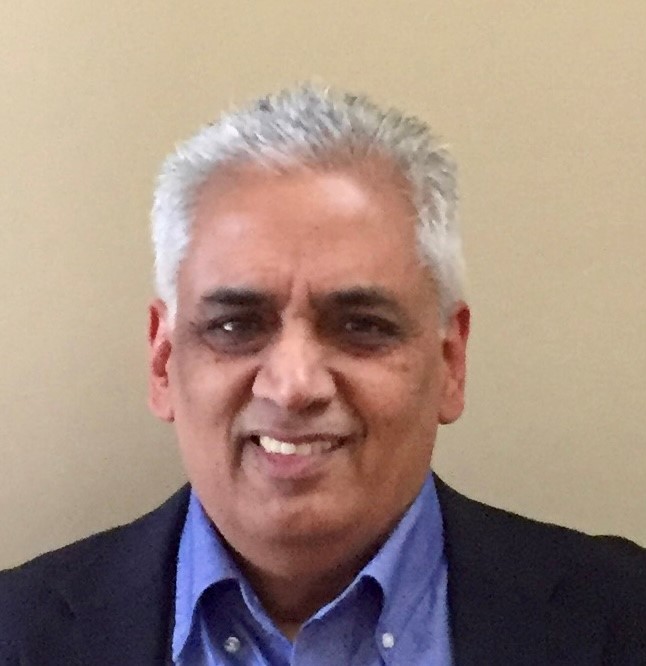
Jagannadha “Jay” Avasarala, MD, PhD, has been selected to represent the American Academy of Neurology (AAN) in an international group reviewing disease-modifying therapies (DMTs) for multiple sclerosis.
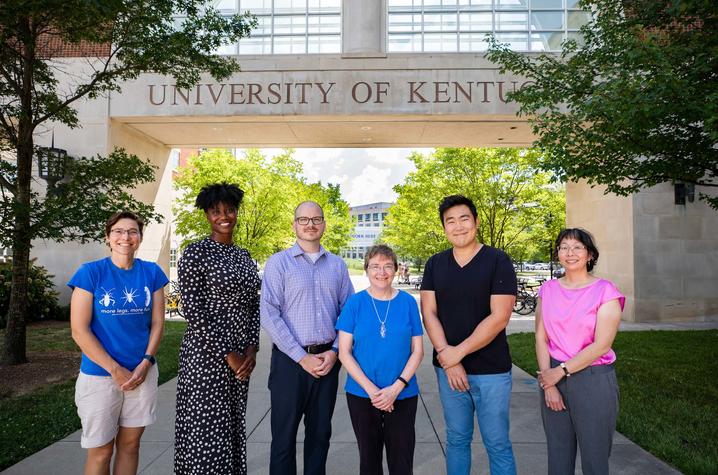
LEXINGTON, Ky. (June 30, 2021) — The University of Kentucky’s Neuroscience Research Priority Area (NRPA) supports a "collaborative matrix," bringing together diverse groups of investigators, trainees and research groups from nine different colleges across the University of Kentucky campus.
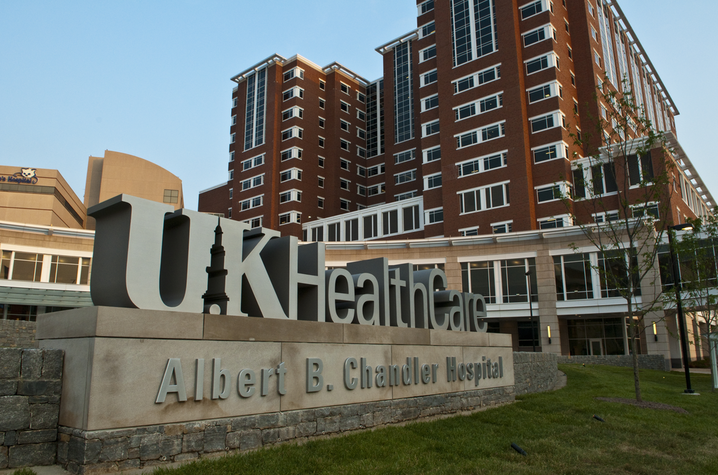
LEXINGTON, Ky.
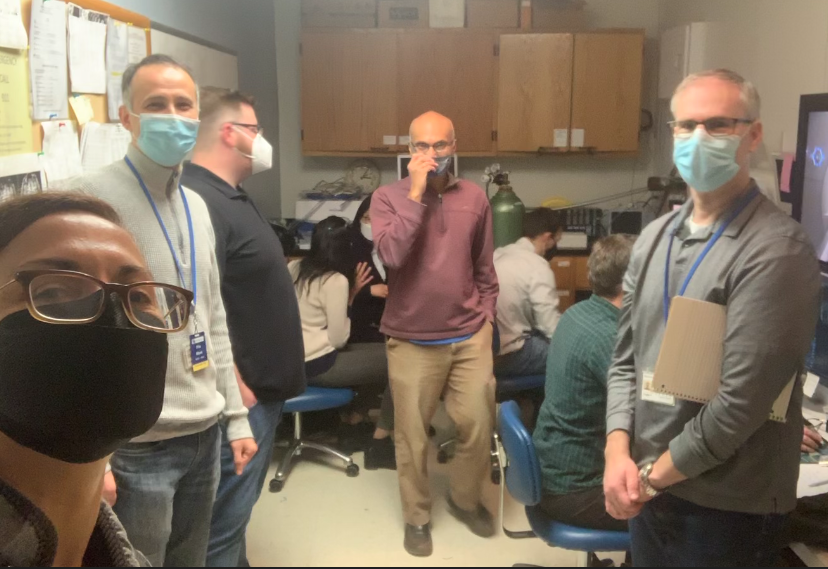
Meriem Bensalem-Owen, MD, and Brian Gold, PhD, might not have ever had the chance to work on projects together. Dr. Bensalem-Owen is a physician who spends much of her time at the patients’ bedside, reviewing video-EEG monitoring studies, or in clinic treating patients with epilepsy, and Dr. Gold is a researcher who studies age-related brain and cognitive changes in the lab.
But thanks to the University of Kentucky College of Medicine’s Alliance Research Initiative, they have joined forces to better localize, and ultimately treat, epileptic seizures.
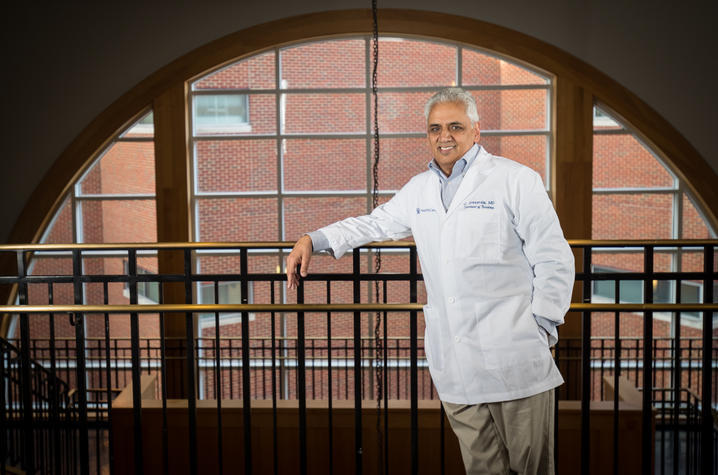
LEXINGTON, Ky. (May 11, 2021) — Dr. Jay Avasarala, professor of neurology and director of the University of Kentucky’s Multiple Sclerosis Clinic, and co-authors, conducted a retrospective study in which they evaluated approximately 96.5 million enrollees in a database. More than 200,000 of the enrollees had inflammatory bowel disease (IBD). The research focused on looking at the effect of TNF-alpha inhibitors, biologic agents, used in IBD treatment on the probability of developing Multiple Sclerosis (MS).
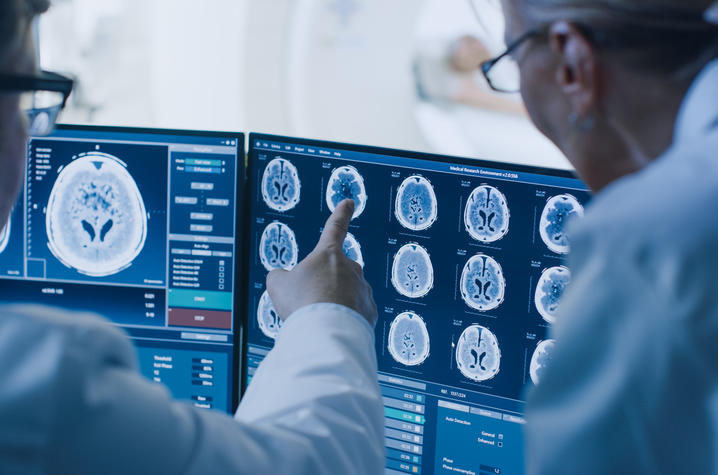
LEXINGTON, Ky. (May 5, 2021) — Collaborative research between the University of Kentucky and the University of Southern California (USC) suggests that a noninvasive neuroimaging technique may index early-stage blood-brain barrier (BBB) dysfunction associated with small vessel disease (SVD). Cerebral SVD is the most common cause of vascular cognitive impairment, with a significant proportion of cases going on to develop dementia.
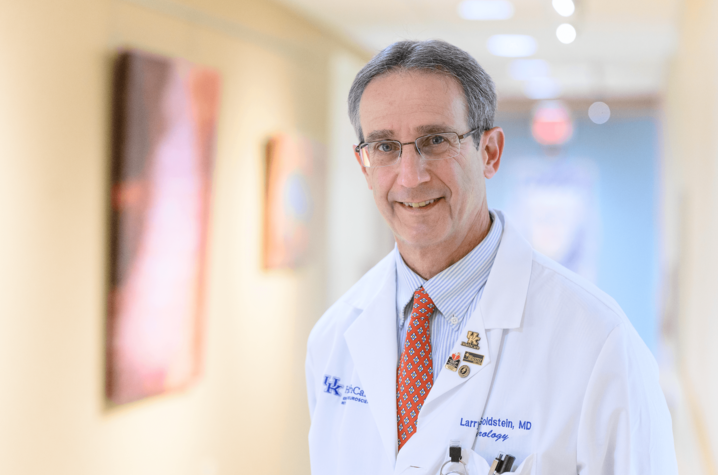
LEXINGTON, Ky. (April 16, 2021) — Dr. Larry Goldstein, chair of the University of Kentucky Department of Neurology, has been elected to serve on the board of directors of The American Academy of Neurology (AAN). Goldstein also is co-director of the Kentucky Neuroscience Institute, co-director of the UK Neuroscience Research Priority Area and interim director of the UK-Norton Healthcare Stroke Care Network.
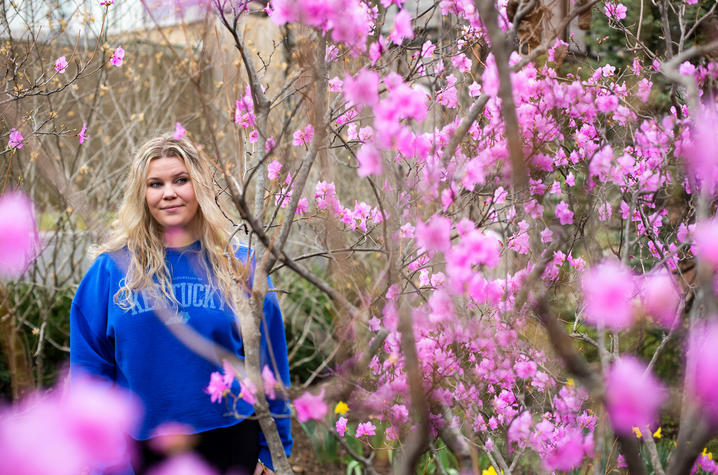
LEXINGTON, Ky. (April 14, 2021) — UK HealthCare’s Multiple Sclerosis (MS) Center, a part of the Kentucky Neuroscience Institute, is celebrating one of its biggest achievements since it was created about three decades ago.

LEXINGTON, Ky. (April 12, 2021) — Four outstanding recipients who profoundly contribute to issues that affect women at the University of Kentucky and across the Commonwealth received the Sarah Bennett Holmes Award Tuesday, March 23, during a virtual awards ceremony. Christina Walker, staff winner; Hana Khamfroush, faculty winner; Mel Lesch, graduate student winner; and UK Department of Neurology's Wellness and Resiliency Committee, team winner, received the 2021 Sarah Bennett Holmes Award.
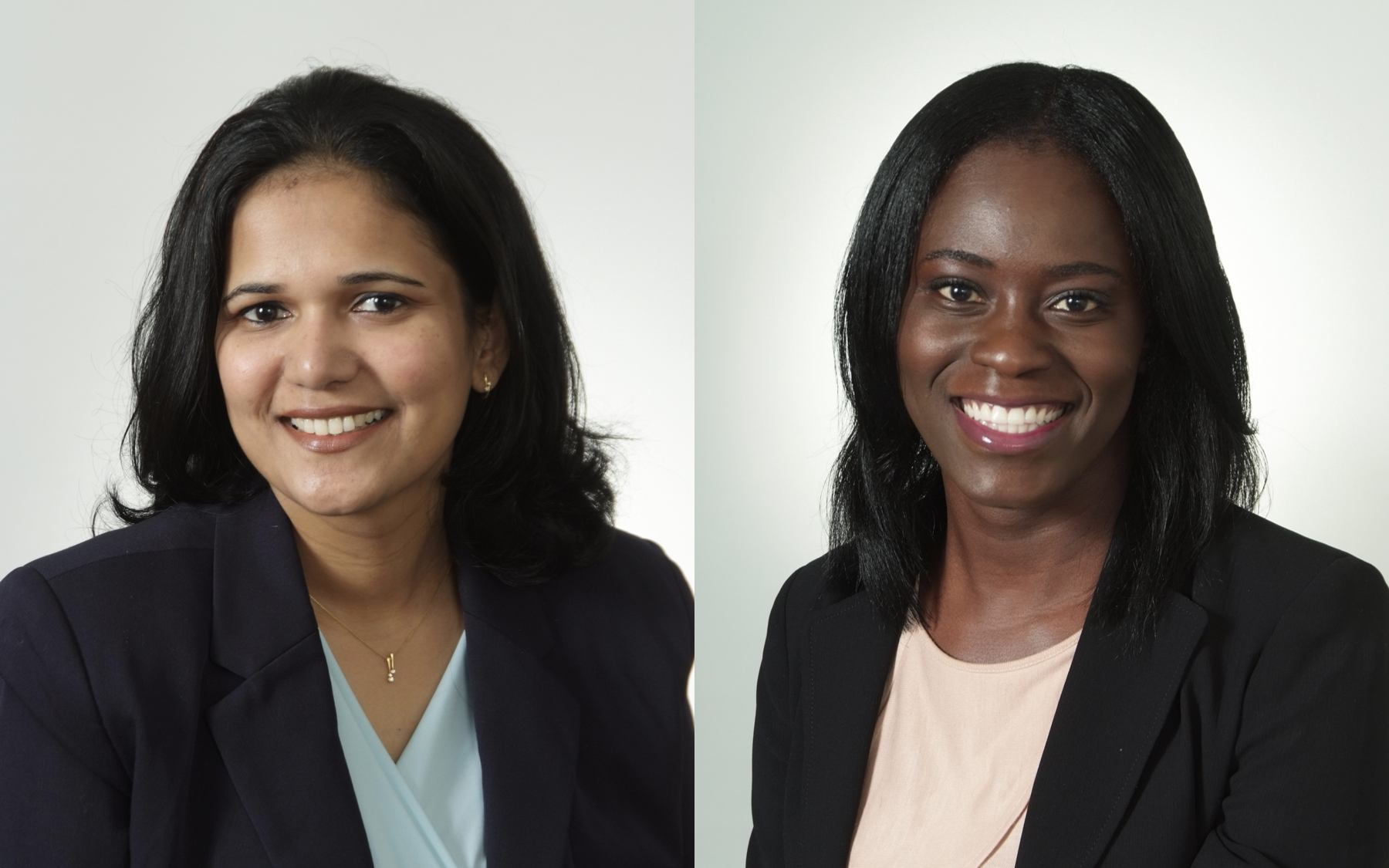
On behalf of the Office of Faculty Affairs and Development, the University of Kentucky College of Medicine is pleased to announce that Sally Mathias, MD, and Sylvia Ofei, MD, MPH, have been selected as fellows for the 2021 Bluegrass Higher Education Consortium Academic Leadership Academy (BHEC-ALA).
Dr. Mathias and Dr. Ofei will join a total of 63 faculty members at the University of Kentucky who have previously participated in this regional academic leadership program.
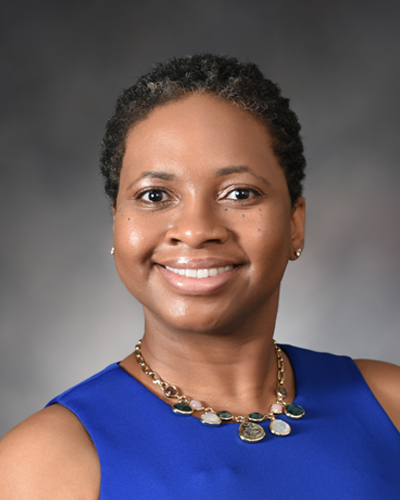
Ima Ebong, MD, MS, assistant professor in the University of Kentucky College of Medicine Department of Neurology, was recently named one of “1,000 Inspiring Black Scientists in America” in a list published by Cell Mentor, an online resource for researchers.
The list, compiled by The Community of Scholars, recognizes the significant contributions Black scientists have made in research.
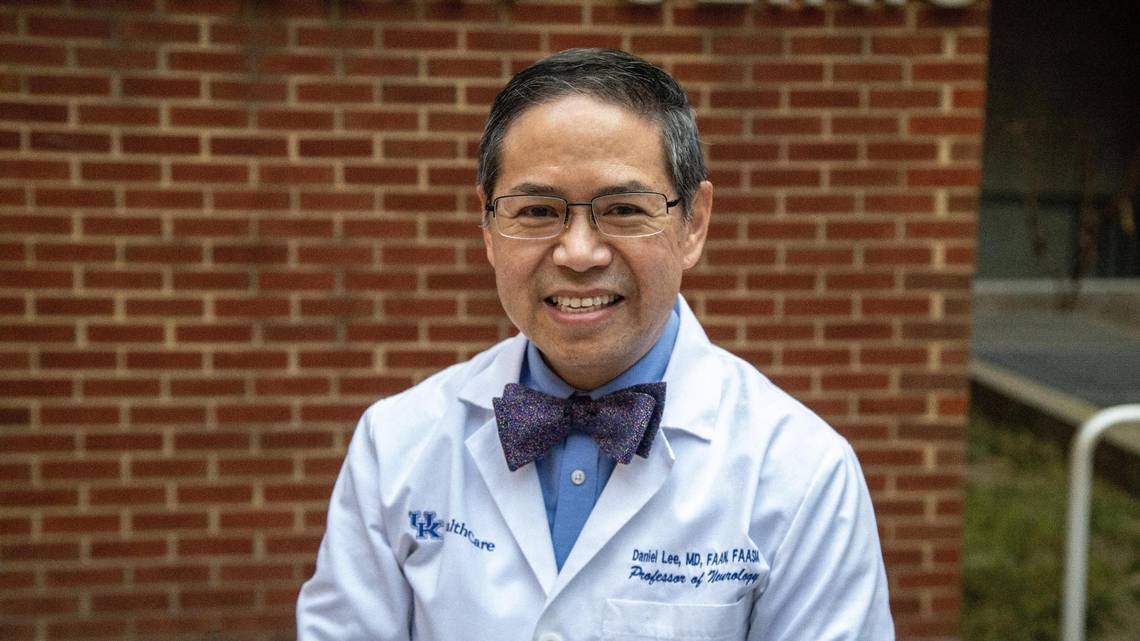
PLAY VIDEO: Dr. Daniel O. Lee, Kentucky Neuroscience Institute Medical Director, explains how he found a solution to cure a case of encephalitis, a swelling in the brain, caused by COVID-19
Shelby Ponder thought her bout with COVID-19 was nothing to write home about: her mild, strep-like symptoms cleared up in a few days.
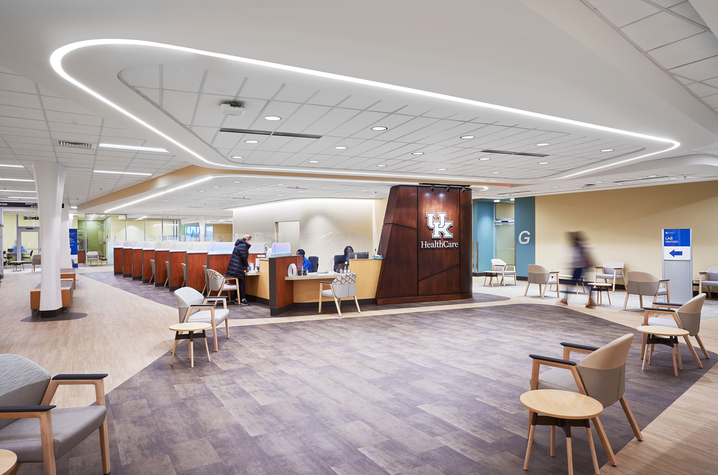
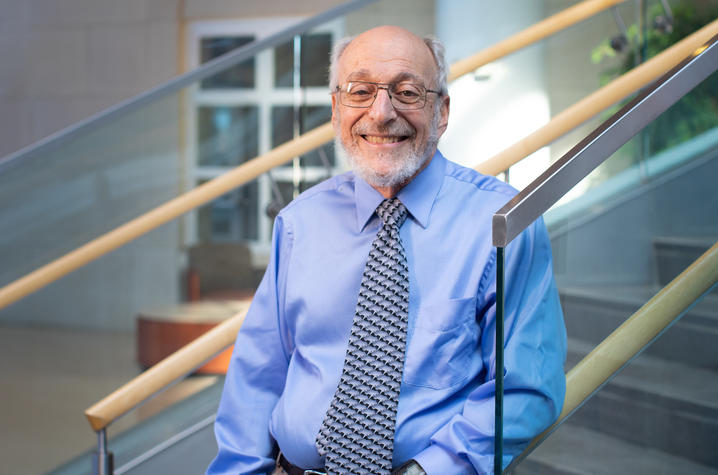
LEXINGTON, Ky. (Feb. 11, 2021) — At age 13, Robert Baumann began working at a children’s camp owned by his family, shaping his desire to find a career in which he could help children. “I also thought the brain and neurology were just fascinating. So, it turned out to be the only logical combination.”
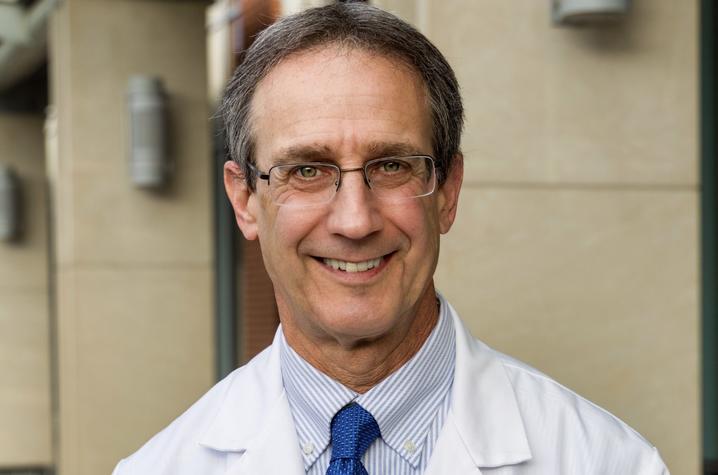
LEXINGTON, Ky. (Feb. 8, 2021) — Dr. Larry Goldstein, chair of the University of Kentucky’s Department of Neurology, defends and elaborates on a recent statement by the U.S. Preventive Services Task Force (USPTF) in an editorial recently published in The Journal of the American Medical Association (JAMA). The USPTF statement reaffirmed its 2014 recommendation against screening for asymptomatic carotid artery stenosis in the general adult population.
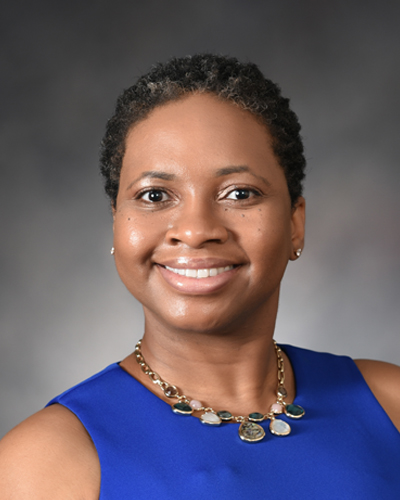
Ima Ebong, MD, MS, assistant professor in the University of Kentucky College of Medicine Department of Neurology, was recently named one of “1,000 Inspiring Black Scientists in America” in a list published by Cell Mentor, an online resource for researchers.
The list, compiled by The Community of Scholars, recognizes the significant contributions Black scientists have made in research.
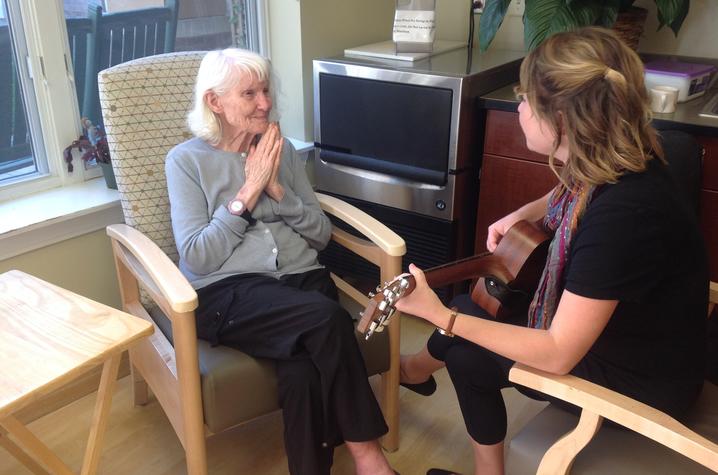
LEXINGTON, Ky. (Jan. 26, 2021) — Newly published research has found familiar music can elicit an extended emotional response in patients with Alzheimer’s-type dementia. The findings from this potential new approach were featured in issue three of volume 78 of the Journal of Alzheimer’s Disease.